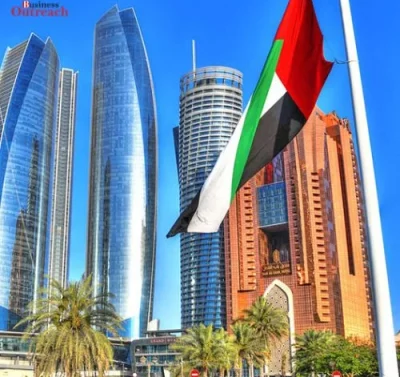The branded residences sector in Dubai has seen significant growth in recent years but new projects are now trending in a different direction according to industry experts.
Where previously most branded apartment developments were situated within larger mixed-use hotel towers, there is a shift towards standalone residential buildings and smaller boutique properties catering to upper-upscale demographics.
From a financial perspective, this makes sense as larger integrated developments require massive capital outlays and sales/leasing volumes to achieve profitable scale. Standalone residences have lower construction costs without subsidizing hotel operations.
Targeting affluent residents rather than families or tourists also improves average unit prices. Smaller boutique buildings of 30-50 units allow more bespoke amenities and personal service compared to generic offerings in 500+ unit towers.
This tailored approach resonates strongly with luxury buyers who value exclusivity over size. Higher price points per square foot enhance profit margins for developers building at a smaller scale.
Rising land values also play a role – standalone sites become more viable than reserving prime plots within mixed-use skyscrapers. Well-located low-rise properties can generate strong returns with fewer units sold.
While the financial prospects of standalone luxury residences seem promising, there are also risks to consider. Construction costs may be lower without hotels, but selling standalone units requires larger marketing budgets to raise awareness and drive demand.
Developers must carefully choose locations with sufficient transport links and amenities to support small communities rather than relying on integration within larger mixed-use hubs. Strong design will also be critical to differentiate boutique projects from competitors in increasingly crowded premium residential submarkets.
Financing can pose challenges for smaller projects compared to large-scale developments, as banks may view them as riskier propositions with enhanced concentration of sales execution risk. Securing financing may require higher presales targets or stronger financial backing from developers.
Overall the shift signals maturing buyer preferences and a pragmatic developer response in Dubai’s luxury property market. Smaller, more exclusive branded residences catering to upper-income locals and expatriate executives appear better positioned financially going forward.
As always, location remains key – but selectivity over size and integration provides a sound business model for maximizing investment value from the region’s affluent residential sectors into the future.















